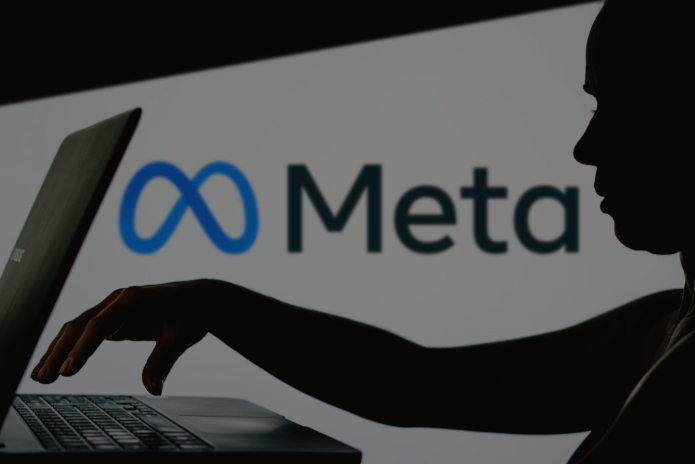Brazil reached the milestone of 200 million banked, according to data from the Central Bank, which indicates that 89.9% of the population has some banking link, according to estimates of the Idwall Ranking, in partnership with the consultancy Cadarn. Despite the significant number, a significant portion of the population remains unbanked, without active account or without full access to the most used financial products, such as credit or financing.
Even without a link with a financial institution, the unbanked find payment alternatives that make sense for their reality: online payment methods, offered by e-commerce, which is one of the vectors of financial inclusion, according to the Central Bank (BC).
“Fintechs that act as payment intermediaries provide various services without the need for a permanent bond with the customer. Some examples are the credit card private label or the web credario, which directly benefits the unbanked, allowing them to buy online safely and efficiently” comments Marlon Tseng, CEO of Pagsmile, a payment institution specializing in solutions that connect businesses to emerging markets.
Online payment methods for those who do not have a bank account is a differential in e-commerce
Although being with the name negative does not necessarily prevent the opening of a bank account, the credit restriction can hinder access to essential financial products. It is in this context that alternative payment methods gain strength, by offering concrete means of consumption for those who do not have a bank account or access to credit cards.
For these consumers, online payments are more than a convenience, they are an essential bridge to digital commerce.An example of this is the “buy now, pay later” (buy now, pay later) model, already familiar to the Brazilian public and today consolidated as a global trend of financial inclusion in e-commerce.
The bank slip is one of the most affordable payment methods in the country. Only in 2024, it handled R$ 5.8 trillion in Brazil, adding operations of individuals and companies, according to data from Febraban.“The ticket is a democratic solution. It can be paid in several channels, does not require a banking link and is widely accepted by online retail”, analyzes the executive.
In addition to it, companies can offer the unbanked the private label credit card (private label), which is issued and managed directly by retailers.It allows the customer to buy online and pay installments, which ensures the offer of credit in a secure way and reduces the risks of default, since each company can establish its own criteria for credit approval.
Another option is the web credit, a safer and more technological version of the famous IOCarne de pagamento’, which offers the unbanked customer another option to make installment purchases.
Technology as an ally of inclusion
The advancement of digital payment technologies has driven the entry of millions of Brazilians into the consumer market.For companies, adopting inclusive solutions is more than a competitive advantage, it is an opportunity for loyalty and expansion.
By integrating methods that accompany the real habits of the population, especially the unbanked, we create not only new business opportunities, but also more lasting connections with consumers. This is how we promote inclusion and relevance in the digital environment.”, concludes Tseng.











